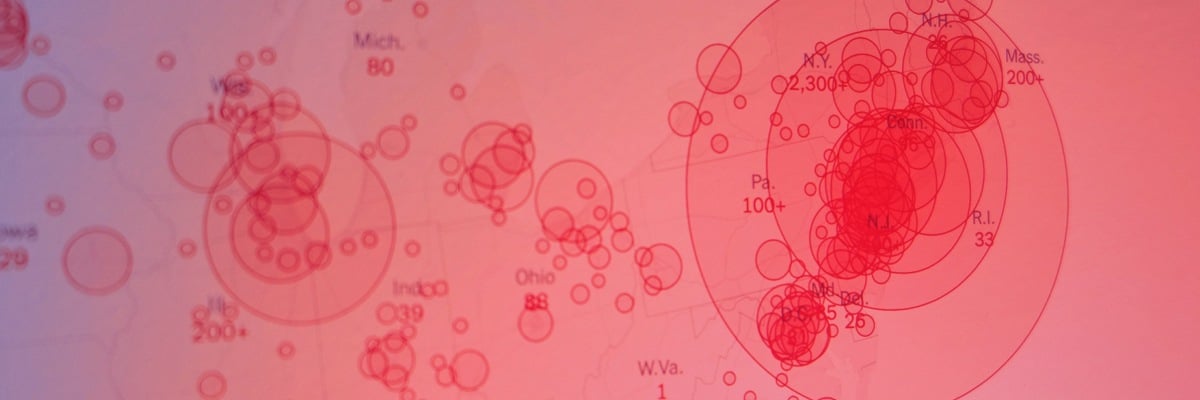As I write this, three days of remote work have elapsed due to the Covid-19 quarantine in Lisbon. As the Portuguese authorities prepare to declare a state of emergency, there are now more than 400 confirmed cases, with more than 4,000 suspected cases in Portugal alone. The figures, I fear, will be much worse in the upcoming days. Across the border, in Spain, the situation is far worse – almost 12,000 confirmed cases, and a death toll of over 500. Around the world, numbers are immensely higher, about 200,000 cases worldwide and a death toll rising to almost 8,000.
Suddenly, like on 9/11, the world as we know it has changed dramatically, and who knows if it will ever go back to what it was?
The impact on companies is dramatic as well. With a sudden, unforeseen and drastic decrease in revenue, many companies will struggle to pay salaries in March. Most of them, possibly, do not have a cash flow that will allow them to pay for salaries in April if the major decrease in their revenue persists.
How will things evolve if, in April, a high percentage of employees do not collect their salaries? To what extent are governments prepared to deal with this kind of situation? Will safety, property and society, as we know it, be at stake if desperate times arrive?
By the time this article is published, we will most certainly (I hope!) have learned to deal with this dramatic situation; we’ll have managed to contain the virus and the worst will be gone (I also hope!). Still, on the day we are able to socialise, go to work, kiss and hug each other again, lessons must be learned about how to deal with a type of outbreak that could be more common in the coming years.
How will governments prepare themselves to respond to future similar situations, if they occur? What will society learn from this pandemic? How will we relate to each after the Covid-19 outbreak? In practical terms, other questions will arise. For example, to what extent is it really necessary for us to commute to the office every single working day, flooding our highways, our cities, polluting and draining our planet’s resources?
How will healthcare services organise themselves to respond to a pandemic situation in the future? How much should we invest in the research and development of vaccines and medicines? How will we address global health problems such as Covid-19 in the future?
Latest news tells us that, hopefully, China may have developed an effective vaccine to Covid-19. Nonetheless, it will most likely be late May before the world returns to a relative state of normality, when border restrictions are withdrawn, and people get back to their ordinary lives.
But there is still one question that disturbs me: What will the world look like by then?
